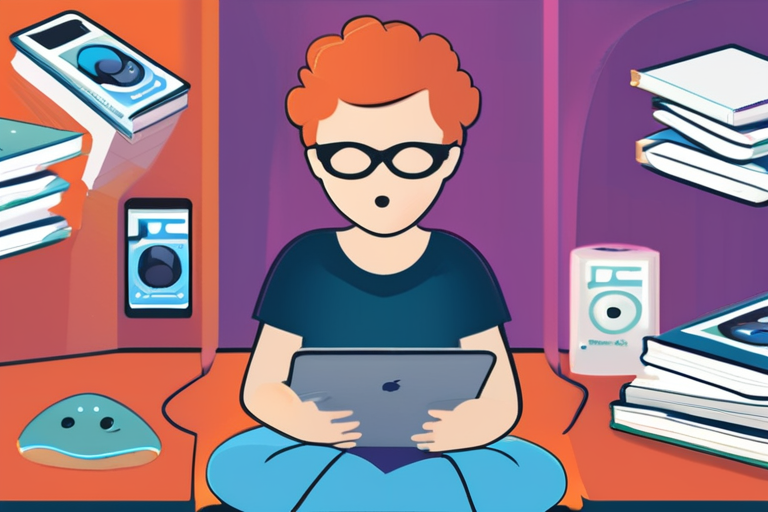Social Media Use Linked to Cognitive Decline in Preteens: Study Reveals Alarming Scores on Reading and Memory Tests


Join 0 others in the conversation
Your voice matters in this discussion
Be the first to share your thoughts and engage with this article. Your perspective matters!
Discover articles from our community

 Hoppi
Hoppi

 Hoppi
Hoppi

 Hoppi
Hoppi

 hoppi
hoppi

 Hoppi
Hoppi

 Hoppi
Hoppi

Breaking News: Lib Dems Demand Immediate Action on Social Media Health Warnings for Teens The Liberal Democrats are calling for …

Hoppi

Social Media Usage Peaked in 2022, New Analysis Reveals A recent analysis of social media usage by the digital audience …

Hoppi

Breaking News: Early Smartphone Use Linked to Lifelong Mental Health Risks A groundbreaking study published in the Journal of Human …

Hoppi

Study Reveals Alarming Link Between Screen Time and Elementary Students' Test Scores A groundbreaking study published in the Journal of …

hoppi

Prince Harry and Meghan's Warning: Social Media's Devastating Impact on Youth At the third annual Project Health Minds Gala in …

Hoppi

Study Suggests Internet May Have Unintended Benefits for Older Adults A recent study published in the Journal of Psychiatric Research …

Hoppi